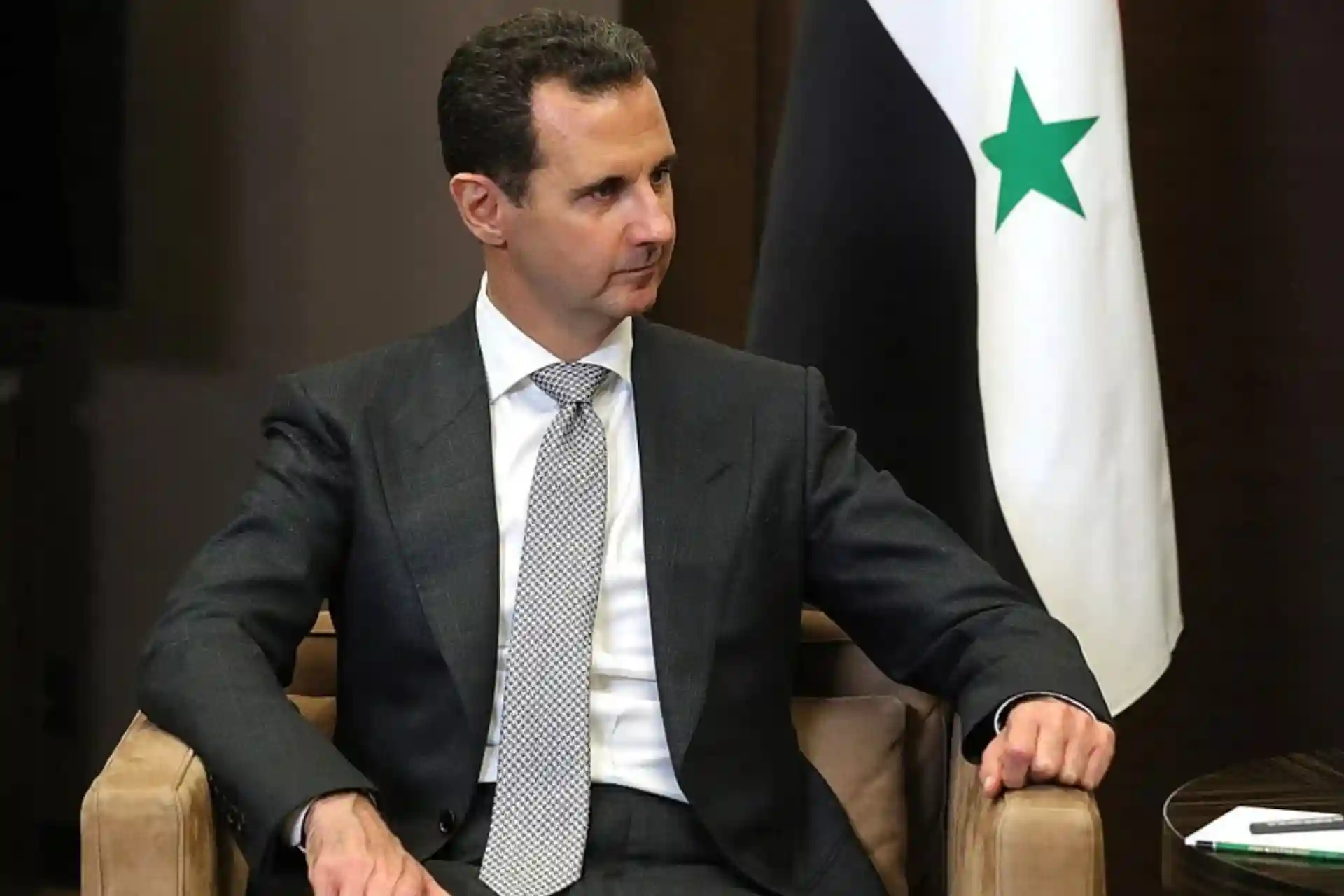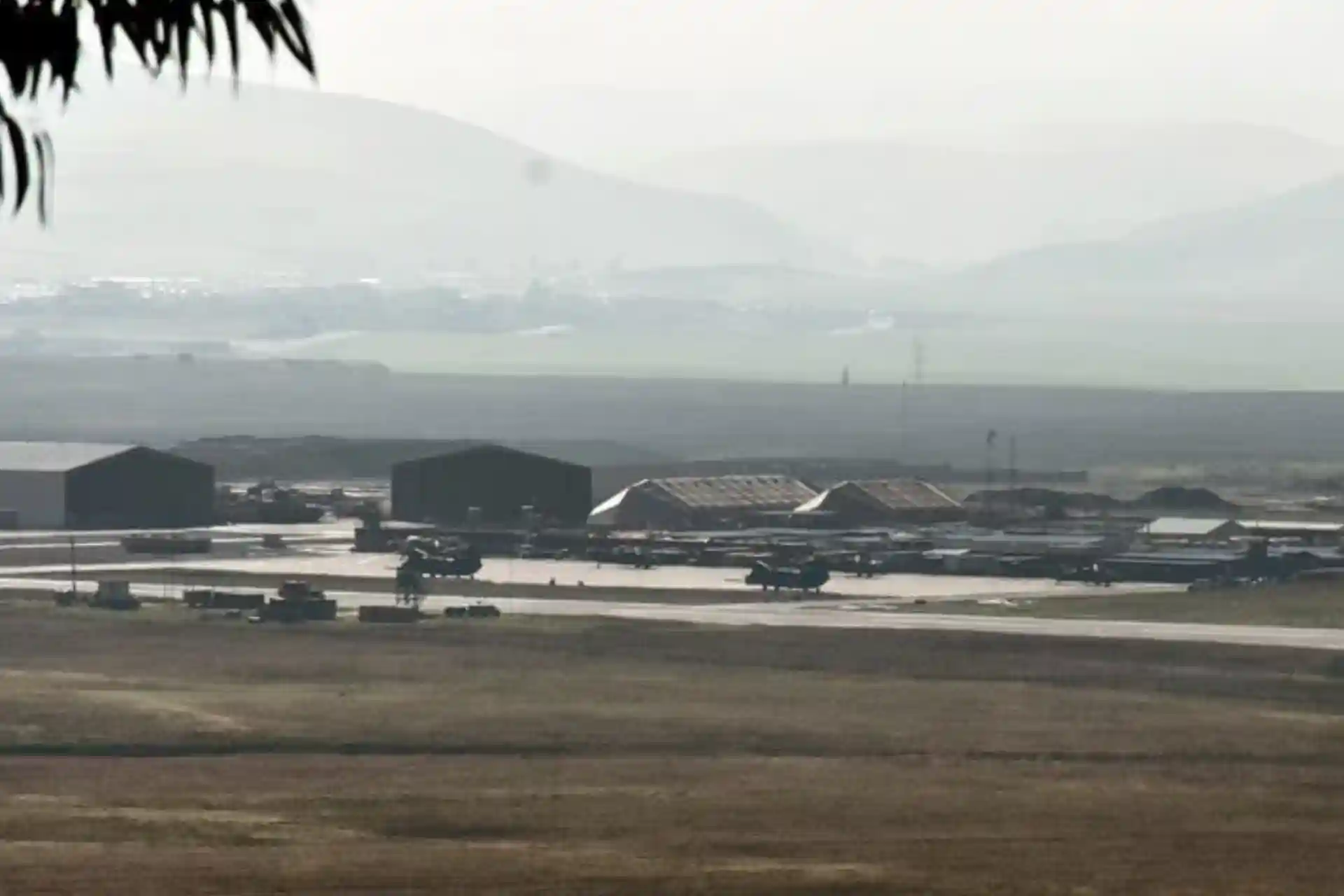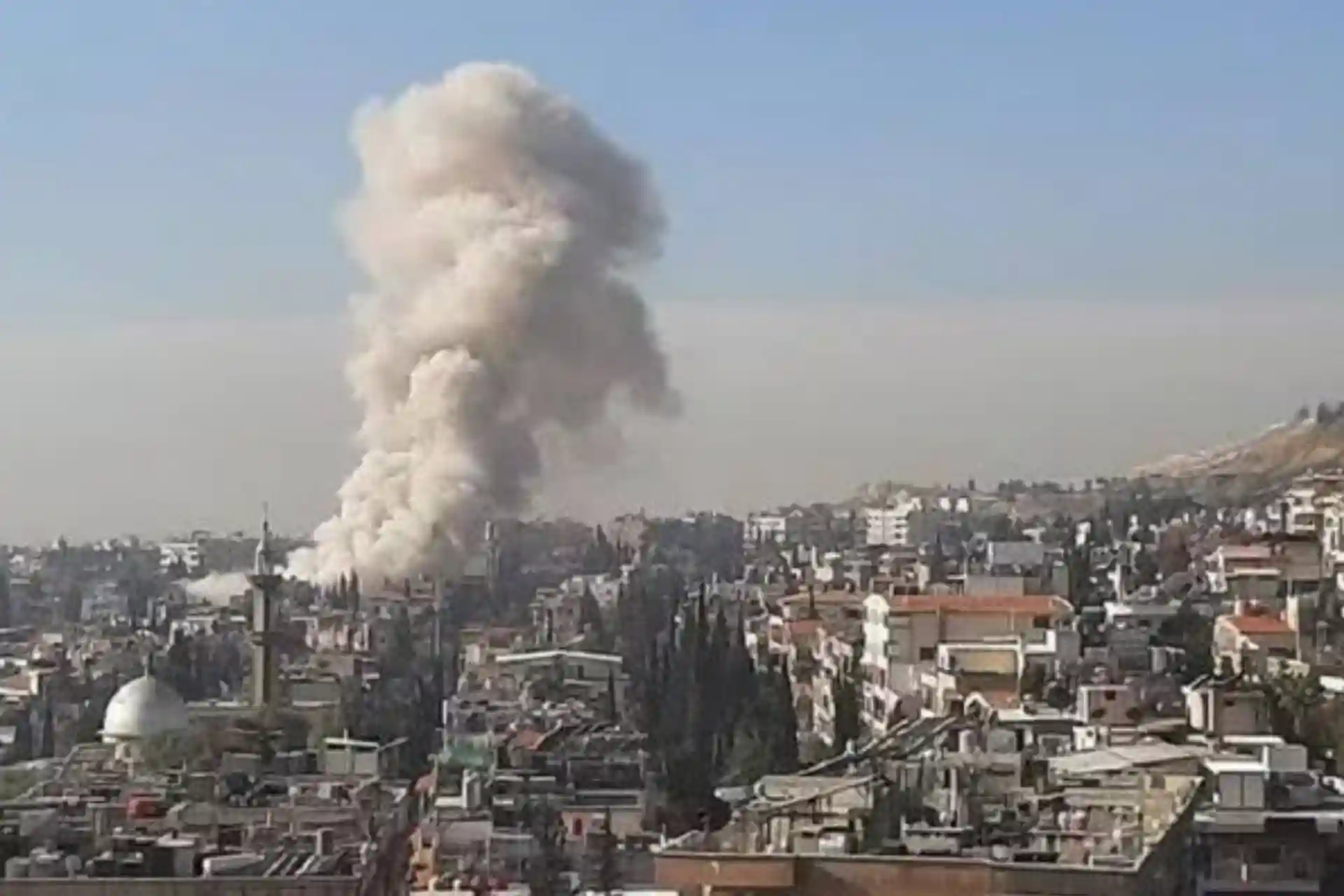06.12.2024 21:36
1850
Bashar Assad's regime under the shadow of Putin and Khamenei is comfortable?
Opposition forces in Syria are occupying the north and center of the country. The opposition flag was raised in 15 cities in the south. It is said that the sounds of shooting and explosions are also heard in the capital Damascus.
Before that, the opposition first took control of Aleppo, and then another large city, Hamon. According to the Ministry of Defense of the country, the prisoners in the Hamo prison were also released. After another victory, the leader of Hay'at Tahrir al-Sham, Abu Muhammad al-Jawlani, sent a video message, saying that the rebels entered Hama to "heal a wound that has existed for 40 years" and "will not take revenge."
The capture of Hamo opened the way to Homs, the main central city at the crossroads of Syria's most populous regions. The city was held by government forces during the civil war that began in 2011 following protests against Bashar al-Assad.
In addition, the city has historical significance for the opposition. The events that took place in 1982 went down in history under the name "Hamo massacre". At that time, Bashar Assad's father, Hafez Assad, brutally suppressed the rebellion of the Muslim Brotherhood. According to his instructions, government forces surrounded the city and bombarded it with heavy artillery and tanks. Soldiers went from house to house killing civilians. The number of casualties is unknown. Various sources give figures between 10,000 and 40,000.
According to Reuters, today's series of defeats has caused shock in Damascus and Assad's Russian and Iranian allies.
And this is reviving the imagination that the end of Bashar Assad's regime based on oppression in Syria is approaching.
Some experts say relations between Bashar Assad and the Iranian government are deteriorating after the failures of government forces. Supporters of the regime in Syria are angry that government troops are easily surrendering large cities and Russian weapons to the enemy.
Politicians were also surprised that Bashar Assad flew to Moscow, not Tehran, against the background of the fall of Aleppo. They predict that without Tehran's support, Assad will lose Syria. If we look at recent history, during the ten-year war that began in 2011, Bashar Assad managed to preserve the power he inherited from his father. Because at that time he was greatly supported by his strong allies - Russia, Iran and Lebanon's Hezbollah.
These allies have fought alongside him against groups ranging from ISIS to separatist forces wielded by the US and wealthy Gulf monarchies.
Meanwhile, Iran is trying to recover from its conflict with US-backed Israel, while its ally Hezbollah, which has sent its best fighters to fight for Assad, has been crippled by Zionist strikes.
True, Russian planes have appeared in the skies of Syria in recent days, but Moscow is now forced to focus on the war in Ukraine.
Currently, the Russian contingent in Syria is unable to stop the rapidly advancing opposition. This threatened the port city of Tartus, home to Russia's only naval base in the Middle East. Because the loss of Homs will cut off this base from parts of Syria controlled by Assad. This may force the Kremlin to attract additional forces, even if it comes at the cost of weakening its position in Ukraine.
Bashar Assad's regime plays an important role for Moscow in maintaining its geopolitical influence in the Middle East. The only country in the region where Russia has a military presence is Syria.
Hezbollah, another ally of Assad, has said it does not plan to send additional forces directly. "The Syrian army does not need fighters," a spokesman for the group told Newsweek.
The fact that the opposition attack comes at a time when both of Damascus' allies are struggling with their own problems also leaves them in a difficult position.
According to "Jerusalem Post", the overthrow of the Assad regime is also bad news for Israel. Israel's security services have expressed concern that the opposition forces will acquire strategic weapons belonging to the Assad regime during the ongoing fighting in Syria.
They expressed fear that these weapons could be used against Israel in the future.
Strategic weapons also include missiles, facilities for the production and storage of chemical weapons such as sarin, tanks, armored vehicles and fighter jets.
The region is also home to infrastructure facilities for the production of various small arms, rockets, ammunition stocks and other weapons.
Given that the armed opposition is already on the outskirts of the city of Homs, the fate of the Bashar al-Assad regime remains dependent on when and how its allies provide military support.



